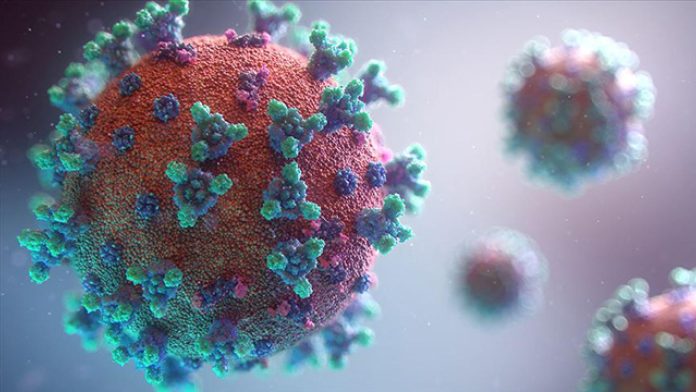Міжнародна команда вчених зробила важливе відкриття, яке може значно вплинути на розуміння механізмів розвитку антибіотикорезистентності. У пробах рідин організму людини було виявлено раніше невідомий тип вірусу, який заражає бактерії. Ці віруси, відомі як бактеріофаги, можуть мати значення для розвитку стійкості бактерій до антибіотиків.
Бактеріофаги — це віруси, які атакують і заражають бактерії. Виявлення цих вірусів у людському організмі має серйозні наслідки для науки, оскільки вони можуть передавати гени стійкості до антибіотиків, що дозволяє бактеріям ставати більш стійкими до лікування. Ця здатність фагів ставить перед наукою нові виклики, адже розвиток стійкості до антибіотиків є однією з найбільших медичних проблем сучасності. Дослідницька група, очолювана вченими з Університету медичних наук ім. Карла Ландштейнера та Віденського університету ветеринарної медицини, виявила 43 різних бактеріофаги в зразках рідин організму людини. Результати дослідження були опубліковані в міжнародному науковому журналі і значно розширюють наше розуміння ролі фагів у людському організмі.
Вчені описують знайдені бактеріофаги як «вірусну темну матерію» організму людини. Це явище є маловивченим, оскільки лише кілька дослідницьких груп у світі займалися вивченням фагів у людському тілі. Це відкриття підкреслює складність і таємничість мікробіоми людини, який відіграє ключову роль у підтримці здоров’я. Баланс між різними типами бактерій в організмі людини є критично важливим для здоров’я. Бактеріофаги можуть атакувати певні бактерії, що в свою чергу може призвести до порушення бактеріального балансу, що є важливим фактором у розвитку різних захворювань.
Незважаючи на те, що дослідження зосереджене на вивченні фагів і їх ролі у боротьбі з бактеріями, особливу увагу дослідники приділяють тому, як ці віруси можуть сприяти розвитку антибіотикорезистентності. Підвищення стійкості до антибіотиків є однією з найсерйозніших глобальних медичних проблем, і поки що наука не має чіткої відповіді на те, як фаги можуть взаємодіяти з механізмами антибіотикорезистентності. Однак результати цього дослідження можуть стати важливим кроком до розв’язання цієї проблеми, адже дозволяють глибше зрозуміти, як фаги можуть впливати на розвиток стійкості бактерій до лікарських препаратів. Це відкриття також вказує на потребу в подальших дослідженнях, які б дозволили краще зрозуміти, як бактеріофаги взаємодіють з мікробіотою людини та як вони можуть бути використані в майбутньому для розробки нових підходів до лікування інфекцій та боротьби з антибіотикорезистентністю.
Якщо дослідження фагів і їх роль у розвитку стійкості до антибіотиків будуть продовжуватися, це може відкрити нові можливості для створення альтернативних методів лікування, які допоможуть боротися з небезпечними бактеріями, які не піддаються традиційним антибіотикам.


